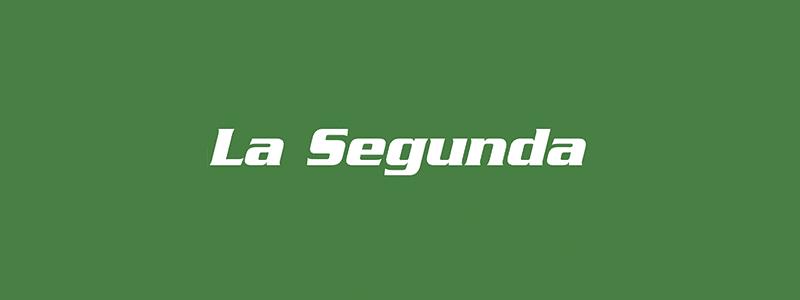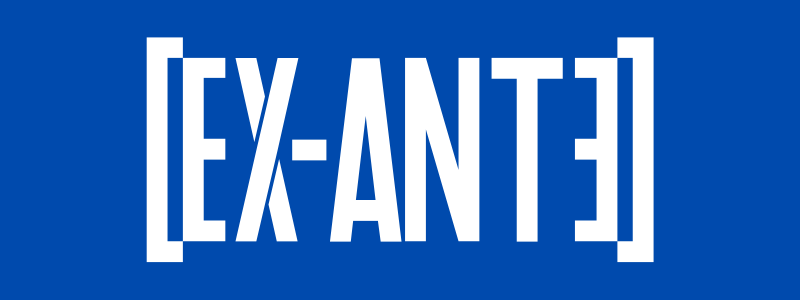The expansion of SERNAC’s powers has not been accompanied by the necessary resources, criteria or coordination, which has limited its effectiveness and may affect fundamental rights such as due process.
The evolution of the National Consumer Service (SERNAC) in Chile has been marked in recent years by the development of its administrative powers. Law No. 21,081, described by many as a structural reform of the institution, strengthened the agency by providing it with new tools such as the Collective Voluntary Procedures (PVC) and the Compliance Plans (PdC), as well as supervisory powers.
However, and apart from the debate on the convenience of providing SERNAC with direct sanctioning powers, the relevant question is whether its organic and operational evolution has been consistent with the new administrative powers it has received. In light of the background, the answer is, unfortunately, negative.
The implementation of the PoCs has been limited, subject to criteria that are difficult to implement by the providers and whose practical usefulness is not yet supported. Something similar happens with the PVCs: suppliers lack clear information regarding the criteria that incline the authority to initiate a collective judgment instead of opting for this alternative and collaborative path. Worse still, it is common for different sub-directorates of SERNAC itself to request the same information for identical facts, duplicating administrative burdens and infringing the principles of effectiveness, efficiency and administrative coordination that should govern the actions of the State.
It is worth asking, for example, whether it is legally appropriate for other units of SERNAC to request information in parallel through administrative channels, if there is a class action lawsuit in force. Is such an overlapping of procedures appropriate? Is due process and the supplier’s right to defense guaranteed, especially if the information requested has a different legal treatment according to Article 54 M or 58, both of Law No. 19,496?
Moreover, if we add the fact that Sernac can initiate collective proceedings by means of an exhibition of documents as a prejudicial measure, the issue becomes even more complex. The use of this tool may give rise to the warning of article 277 of the Code of Civil Procedure, the consequences of which may severely impact the supplier’s right to defense in court.
This is not to deny the legitimacy of SERNAC’s institutional strengthening, nor to detract from the work of its officials, who are often overburdened and lack sufficient resources. The point is different: the more powers it is granted, the more indispensable a solid internal structure becomes, which today does not seem to exist, but which should find a solution in a short period of time.
For more information on these issues please contact our Public Law and Regulated Markets group:
Antonio Rubilar | Partner | arubilar@az.cl
Gonzalo Bravo | Senior Associate | gbravo@az.cl
Source: The Legal Industry Reviews, Issue 22 N°1. [See here].




